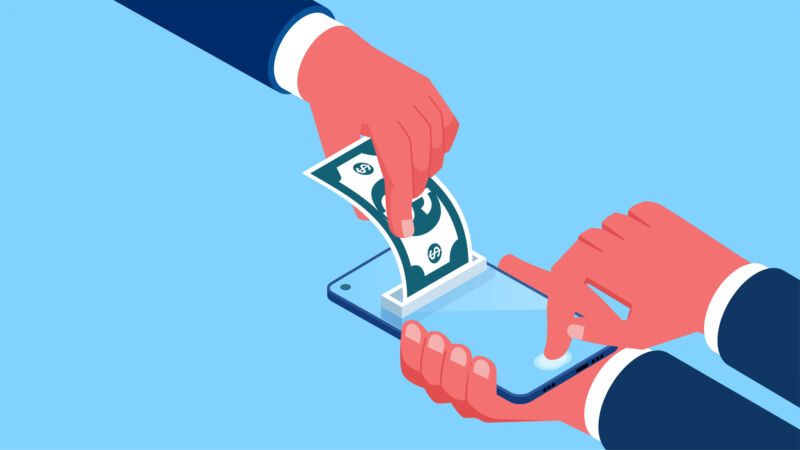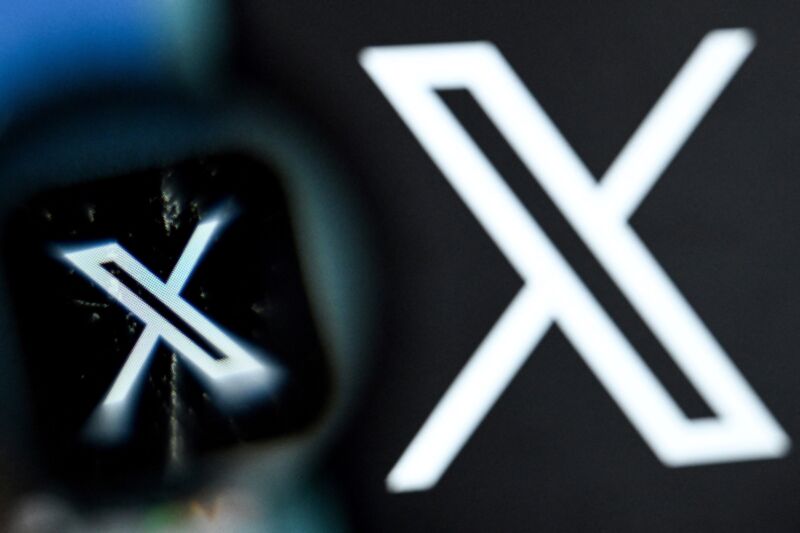Apple abruptly abandons “buy now, pay later” service amid regulatory scrutiny

Apple has abruptly discontinued its “buy now, pay later” (BNPL) service, Apple Pay Later, which turned Apple into a money lender when it launched last March in the US and became widely available in October.
The service previously allowed users to split the cost of purchases of up to $1,000 into four installments that were repaid over six weeks without worrying about extra fees or paying interest. For Apple, it was likely a move to increase total Apple Pay users as the company sought to offer more core financial services through its devices.
Now, it appears that Apple has found a different route to offer short-term loans at checkout in Apple Pay. An Apple spokesperson told 9to5Mac that the decision to end Apple Pay Later came ahead of the company’s plan to start offering new types of installment loans globally.
“Starting later this year, users across the globe will be able to access installment loans offered through credit and debit cards, as well as lenders, when checking out with Apple Pay,” Apple’s spokesperson said. “With the introduction of this new global installment loan offering, we will no longer offer Apple Pay Later in the US.”
Apple also noted its decision to kill off the service on a support page posted Monday, confirming that “Apple Pay Later is no longer offering new loans.” Apple specified that all “existing Apple Pay Later loans and purchases are not affected,” and loans can continue to be managed through users’ wallets.
One of the biggest challenges for BNPL customers is often seeking a refund for returned purchases, but Apple has assured Apple Pay Later customers that the refund process has not changed for any existing purchases. Customers can contact Apple Support if they have “trouble with a refund,” Apple’s support page said.
Apple announced its new installment loan program at its recent annual developer event, confirming that it had partnered with banks, including Citi in the US, to provide short-term loans as a payment option in its upcoming iOS 18 operating system due out before the end of 2024. Apple’s spokesperson told 9to5Mac that unlike Apple Pay Later, which was only available in the US, installment loans will be an option offered in more countries.
“Our focus continues to be on providing our users with access to easy, secure, and private payment options with Apple Pay, and this solution will enable us to bring flexible payments to more users, in more places across the globe, in collaboration with Apple Pay enabled banks and lenders,” Apple’s spokesperson said.
In a blog post, Apple described new features “available for any Apple Pay-enabled bank or issuer to integrate in supported markets.” These features allow users to “view and redeem rewards, and access installment loan offerings from eligible credit or debit cards, when making a purchase online or in-app with iPhone and iPad,” the blog said. For users in the US, Apple will soon make it easy to “apply for loans directly through Affirm when they check out with Apple Pay.”
A brief history of short-lived Apple Pay Later
The iPhone maker rolled out Apple Pay Later in March 2023, just after BNPL services fell under scrutiny by regulators globally, The Verge reported in 2022. Early studies found that “BNPL users are twice as likely to overdraft” and estimated that 43 percent of younger BNPL users have missed a payment.
A fear quickly arose that Apple Pay Later might “normalize” reliance on BNPL lending for frivolous large purchases that customers might then struggle to repay, The Verge reported. BNPL had already become hugely popular with Gen Z shoppers eager to purchase the latest TikTok fashions they may not otherwise be able to afford, The Verge noted.
In 2021, the US Consumer Financial Protection Bureau (CFPB) launched an inquiry into BNPL, flagging emerging potential consumer risks in 2022. Those included privacy risks from data harvesting and excessive debt accumulation from frequently reported borrower overextension.
However, despite emerging concerns about BNPL, Apple Pay Later was immediately popular, according to a JD Power survey of 8,000 consumers. In the first three months that the service was available, nearly one-fifth of BNPL customers used Apple Pay Later. With its BNPL offering, Apple attracted new customers who were interested in trying a new BNPL service from a trusted brand, JD Power reported, posing an immediate threat to BNPL services offered by “traditional payments juggernauts” like PayPal.
At that time, Apple was well-positioned to provide short-term loans, JD Power reported, finding that the “average Apple Pay Later user tended to be more financially healthy than most other BNPL customers, potentially giving it a more sustainable user base than its competitors.”
Apple abruptly abandons “buy now, pay later” service amid regulatory scrutiny Read More »






















